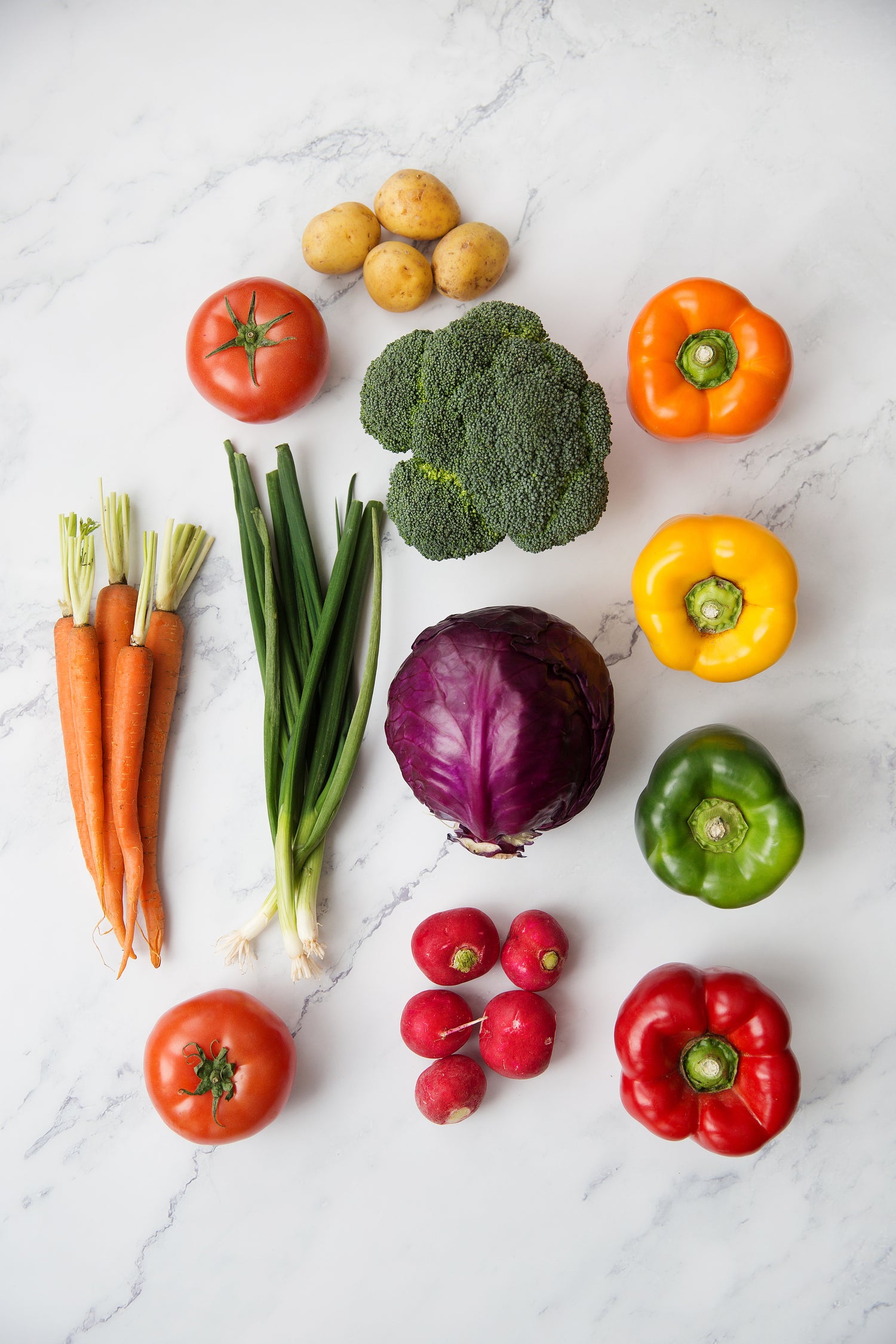New Study: Increased Protein in Daily Diet Contributes Significantly to Weight Loss
Yael Dror, MSc, clinical dietician and physiologist
Let’s talk about personal goals. Whether it’s a New Year’s resolution or shedding the excess pounds put on over the winter, for many, weight loss tops the list of priorities. What’s most important is to find a smart way to achieve results that can be maintained in the long term.
Before You Start
-
In order to lose weight and keep it off, we need to answer the following questions:
1. What’s the No. 1, most important rule for losing weight and keeping it off?
2. Is it enough just to consume fewer calories, or does the type of macros make a difference?
3. What’s the most efficient formula for weight loss according to the latest studies, and how can I apply those principles in my daily diet?

Rule#1: Calorie Deficit
An eating plan for weight loss must create a calorie deficit, meaning that you burn more calories than you consume. For years, it was believed that “all calories are created equal,” i.e., it doesn’t matter what you eat as long as you adhere to the number of calories in your diet. However, recent studies have shown that it’s not just how much you eat, but what you eat that can have a powerful effect on long-term weight loss. In other words, if you want to achieve healthy weight loss that doesn’t damage essential bodily tissues, calorie counting isn’t enough. You also need the correct ratio between the different food groups– carbohydrate, protein and fat.
Increased Protein Leads to Greater Weight Loss
Researchers have been devoting a lot of attention recently to the impact of protein on weight loss, within the framework of a reduced calorie diet. The general recommendation for protein consumption is 0.4 grams of protein per pound of body weight. Interestingly, a study published in May 2022 in the scientific journal Obesity that tested the correlation between the amount of protein in a diet and weight loss in overweight individuals, showed improved results among participants who consumed 79 grams of protein per day, as compared to those who consumed just 5 grams.
The data also indicated greater weight loss among those who opted for more protein-rich foods while also reducing or eliminating foods containing refined starches and added sugars, and increasing green vegetables. Significantly, the group that consumed more protein was able to better maintain their lean body mass (LBM) while on the diet.
The study concluded that a high-protein diet helps to better maintain muscle mass in the process of weight loss. By contrast, the group that consumed less protein had higher muscle breakdown during the weight loss process.

How do I apply the study’s findings to my daily nutrition?
The recommended amount of daily protein depends on your weight and daily calorie intake. In order to get enough protein within the framework of a reduced-calorie diet, researchers recommend 0.5 grams of protein per pound of body weight (as opposed to the general recommendation of 0.4 grams), or to consume 20% of your calories as protein. Either calculation will encourage healthy weight loss while preventing breakdown of muscle mass.
Amounts of protein in some common foods
3 ounces chicken breast................................................22g
3 ounces tuna....................................................................22g
3 ounces beef steak........................................................20g
3 ounces cooked turkey or chicken...........................21g
6 ounces Greek yogurt...................................................17g
1/2 cup cottage cheese.................................................14g
½ cup cooked lentils.........................................................9g
1/2 cup cooked kidney beans.......................................8g
1 cup milk............................................................................ 8g
1 cup cooked pasta..........................................................8g
1 ounce hard cheese.......................................................8g
½ cup tofu............................................................................8g
1/3 cup hummus...............................................................7g
1/4 cup nuts.......................................................................7g
1 egg.....................................................................................6g
Source: USDA National Nutrient Database

